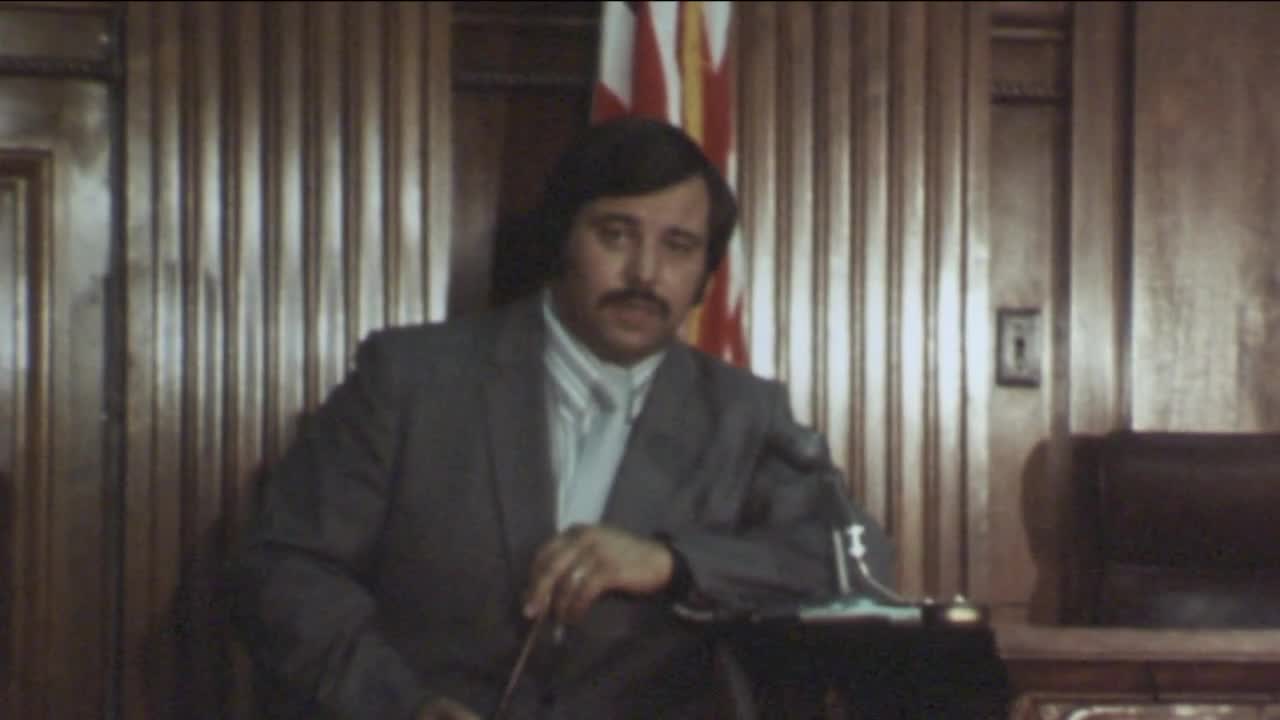Bob Sherwood was an award-winning reporter at TMJ4 in the 1970s.
He was known for his sometimes confrontational approach on the job as Milwaukee's first investigative TV reporter. But most, according to his widow, don't know how he died.
Deb Sherwood asked TMJ4 to share her story — a story about life after someone you love takes their own life. She hopes to raise awareness for those who are struggling after being left behind.
Deb and Bob Sherwood were married for 31 years. They spent much of their time together at work as co-anchors at television news stations in North Dakota and California.
"He really loved people, but wanted his privacy. But just really enjoyed making people laugh, telling stories, and learning about them," said Deb.
Before they met, Bob worked in radio in Illinois and Milwaukee before joining TMJ4, then still known as WTMJ-TV. His reporting at Channel 4 exposed poor airport security, a shady car dealer and a store selling ground pork that was labeled ground beef.
WATCH some of Bob's reports below:
"He was proud of that," said Deb of Bob's work as an investigative reporter.
Later in life, Bob had serious health problems, including a botched knee surgery that left him in a wheelchair.
Deb said she had no idea he was considering suicide.
"I really believe he did it because he loved me so much. He didn't want me to be his caregiver the rest of his life," said Deb.
Cautioned by others it would damage his professional relationship, Deb let most believe that he had died from his physical health issues. That was November of 2011.
"After about a year I went – I'm not going to heal unless I start telling this story. And I thought we gave so much of our careers to telling other people's stories, it's really time to tell ours," said Deb.
Deb said she was surprised by the way people reacted. Some, with sensitivity and sympathy, she said, but others with callous and even cruel remarks.
"I got responses like I guess your marriage wasn't as good as you thought it was, or he never would have left you this way. So much for the life insurance," she said.
A decade later, she's still dealing with moments that trigger her trauma.
"I think people need to think before they speak. And if they have a question, [and ask themselves] should I say this? Don't say it. You can't take the words back," said Deb.
In an email Deb wrote to herself in 2018, she said she wakes up in a "horror story every night." It's post-traumatic stress disorder, she said, from constantly reliving her husband's death, including the discovery of his body at home.
"Don't stop reaching out. Don't stop calling. We know our loved ones are gone. But I want to know they're important to you too. Don't forget to bring them up in conversation, and just to continue to reach out," said Deb.
She's managed Bob's loss with the help of support groups and a psychiatrist and she helped create a card for first responders to hand out to others who have just lost someone to suicide. It offers contacts for survivors, including info on support groups, therapists and a psychiatric crisis line.
Deb also said she finds comfort in music and reading, though she's cautious to avoid content that may mention suicide and trigger her PTSD.
Every day, she said, is a struggle, especially living in the same house where Bob died.
"I really want suicide to be looked at beyond statistics," she said. "Nobody looks at the people who are left behind and the people that we lost. These are real people."
Deb plans to continue sharing their story if it can even help just one more person.






